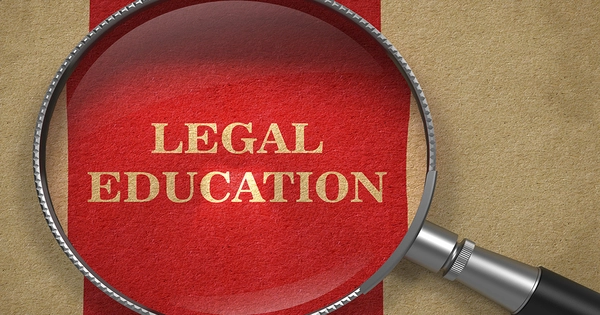Legal education is the instruction of individuals in the principles, practices, and theories of the law. It refers to the process of educating individuals to become legal professionals such as lawyers, judges, legal scholars, or other professionals working in the legal field. This is a critical step for those interested in a career in law because it provides them with the knowledge and skills needed to effectively understand, interpret, and apply the law.
It may be undertaken for a variety of reasons, including providing the knowledge and skills required for admission to legal practice in a specific jurisdiction, providing a greater breadth of knowledge to those working in other professions such as politics or business, providing advanced training or greater specialization to current lawyers, or updating lawyers on recent developments in the law.
Here are some key aspects of legal education:
- Undergraduate Education: A law degree is typically pursued at the graduate level in many countries. However, some schools also offer undergraduate law programs. Students in these programs study law alongside other subjects from the arts or social sciences.
- Graduate Education: A Juris Doctor (JD) degree, which is a professional graduate degree, is the most common path to becoming a lawyer. Most common law jurisdictions, including the United States, Canada, and Australia, require this degree.
- Law Schools: Law schools, also known as law faculties within universities, are educational institutions that provide legal instruction. They are in charge of providing students with the necessary courses, lectures, and resources to help them develop their legal skills and knowledge.
- Curriculum: Legal education covers a wide range of subjects, including constitutional law, criminal law, contract law, property law, torts, civil procedure, and more. Additionally, students learn about legal research, writing, and advocacy.
- Practical Training: Legal education in many jurisdictions combines theoretical knowledge with practical training. Legal clinics, moot court competitions, internships, and clerkships may be used to provide students with hands-on experience and exposure to real-world legal cases.
Legal education may differ between countries depending on their legal systems. Common law countries, for example, use a case-based system, whereas civil law countries frequently rely on statutory laws and codes. In addition, different jurisdictions may have different educational requirements and exams for practicing law.
















